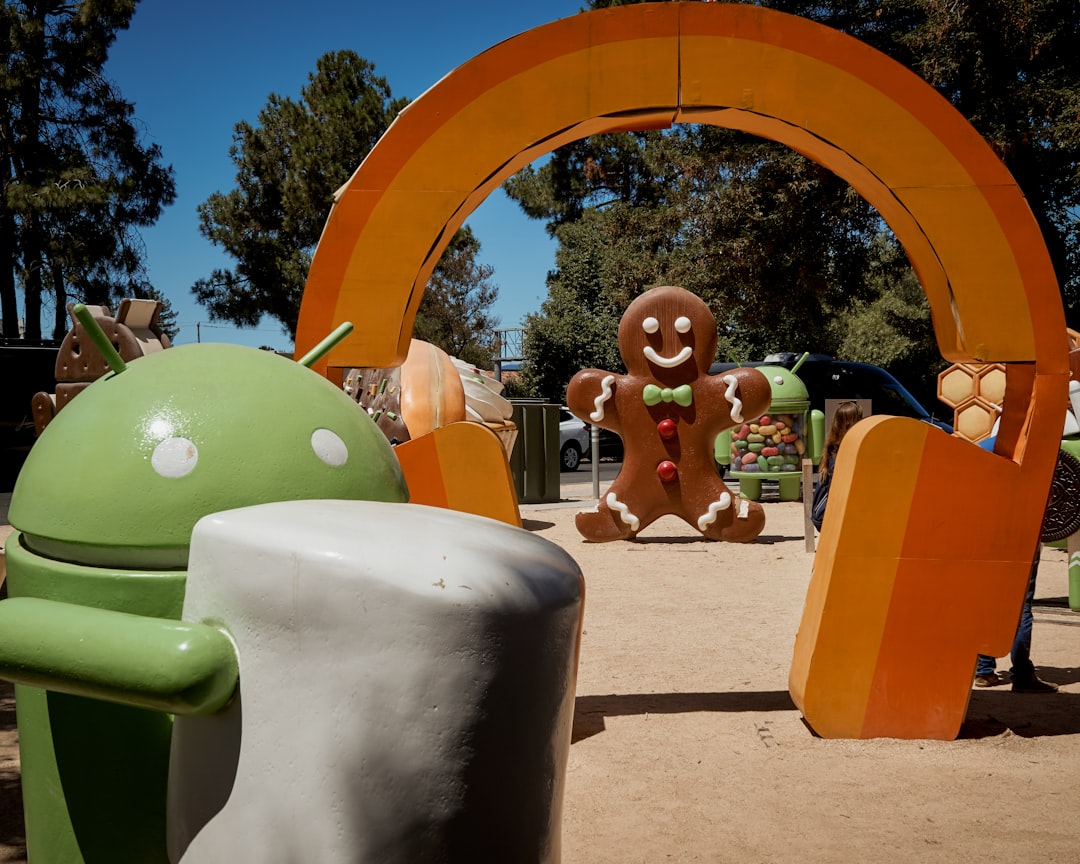If you’ve ever checked your credit or debit card statement and seen a charge labeled something like “Navy Federal Google Play,” you’re not alone in wondering what it actually means. Is it a legitimate charge? Is it a temporary hold? Or is it possibly a mistake or even fraud? For members of Navy Federal Credit Union and frequent users of Google Play, parsing credit card statements can raise as many questions as answers. This article explores what these charges typically signify and offers helpful context to help you better understand your finances.
TL;DR (Too Long; Didn’t Read)
The “Navy Federal Google Play” charge is often a temporary authorization hold placed by Google when you make a purchase through the Google Play Store. It typically shows up before the actual transaction is finalized. If the purchase doesn’t go through or is canceled, the hold usually disappears in a few business days. However, if it remains or looks unfamiliar, it may be worth investigating for potential fraud.
What is a Navy Federal Google Play Charge?
When you make a purchase on the Google Play Store using a Navy Federal card, you might notice a small charge titled “Navy Federal Google Play” appearing on your account. This description is a transaction tag used to identify the processing source—Google Play—and your card issuer—Navy Federal Credit Union.
Most often, these transactions relate to:
- App purchases
- In-app purchases (games, subscriptions, features)
- Movie rentals or purchases
- Books or audiobooks
- Music purchases or streaming subscriptions
Now, let’s dive into what kind of charge this really is—temporary hold, actual payment, error, or fraud?
Temporary Authorization Holds Explained
When you initiate a digital purchase through platforms like the Google Play Store, they often place a temporary authorization hold on your account. Think of it as a way for the system to check whether:
- You have sufficient funds
- The card is active and valid
- The transaction can be securely processed
Here’s how it typically works:
- You authorize a purchase.
- Google contacts Navy Federal to request authorization.
- Navy Federal places a temporary hold in the amount of the purchase.
- The payment is either finalized into a real transaction or dropped if canceled/refunded.
This “hold” might appear as a Navy Federal Google Play charge on your statement, especially on pending transactions. It’s normal, and in most cases, it disappears or turns into a final charge within a few business days.

How Long Do These Holds Last?
Authorization holds don’t last forever. With Navy Federal and many other financial institutions, these types of pending charges usually resolve within:
- 1 to 5 business days for minor transactions
- Up to 7 days in cases where Google is waiting to finalize the purchase (e.g., trial periods, pre-orders)
If the transaction is declined or canceled, the hold is reversed and the funds are made available again. You might not receive a direct notification, so it’s good practice to monitor your account for updates.
When to Get Concerned
While most Navy Federal Google Play charges are entirely legitimate, there are scenarios where you should raise an eyebrow. If you find a charge that:
- You don’t recognize
- Is significantly higher than expected
- Doesn’t disappear after 7 business days and remains in a pending state
Then it’s time to take action. Steps you can take include:
- Checking your Google Play purchase history
- Asking household members if they made a purchase
- Contacting Navy Federal Member Services
- Disputing the transaction if proven fraudulent
Parents, in particular, should keep an eye on in-app purchases made by children, which are a common source of surprise charges on family-shared accounts.
How to Verify a Google Play Purchase
Google makes it relatively easy to review your purchase history online. To do this:
- Go to Google Play Order History
- Log in with your Google account
- Look for the transaction in question
- You’ll see the amount, app or product name, and purchase date

If the charge is listed but unfamiliar, it could indicate unauthorized use. However, if the charge doesn’t match anything in your Google account, it might be fraud or a card number compromise—which brings us to our next section.
Recognizing and Responding to Fraud
In rare cases, charges labeled “Navy Federal Google Play” that you do not recognize can point to fraudulent activity. Criminals sometimes test stolen card numbers on small transactions from platforms like Google Play to see if the card is active.
Warning signs of possible fraud include:
- Unrecognized purchases from distant geographic locations
- Multiple small charges in a row
- Debits that recur without an associated subscription
If you suspect fraud, here’s what to do:
- Immediately report the suspicious transaction to Navy Federal’s Fraud Department.
- Request a card block and possible reissue.
- Monitor your account closely for other irregular charges.
- File a dispute or claim for the charge if necessary.
Acting quickly can limit your liability and prevent more extensive financial damage.
Can Subscription Trials Result in These Charges?
Absolutely. Google Play frequently offers trial periods on apps like Netflix, YouTube Premium, or productivity suites. Even during a “free trial,” a temporary authorization hold may be placed on your card to ensure it’s valid.
If you don’t cancel the trial before the deadline, the hold may transition into a finalized charge. This is a common source of confusion where users thought a service was free, only to be hit with a charge days later.
Tips to Avoid Unexpected Charges
To keep a better handle on your digital purchases and avoid surprise charges from Google Play (or anywhere, really), consider these tips:
- Enable purchase authentication in your Google Play settings
- Review all subscriptions regularly
- Set spending limits or alerts on your Navy Federal account
- Use virtual cards for added security on unpredictable purchases
These steps can help minimize both errors and the chance of fraud.
Conclusion
So, is the Navy Federal Google Play charge a temporary hold? In most cases—yes. It’s a common and generally harmless occurrence related to purchase authorization on the Google Play platform. These holds are automatically removed if the transaction is canceled or unfulfilled. However, if a charge persists, appears suspicious, or you simply don’t recognize it, taking prompt action is essential.
Understanding the nature of these charges helps build financial awareness and allows you to manage your digital spending responsibly. Always monitor your statements, verify unfamiliar activity, and keep your accounts secure—especially in the age of ever-increasing online transactions.








